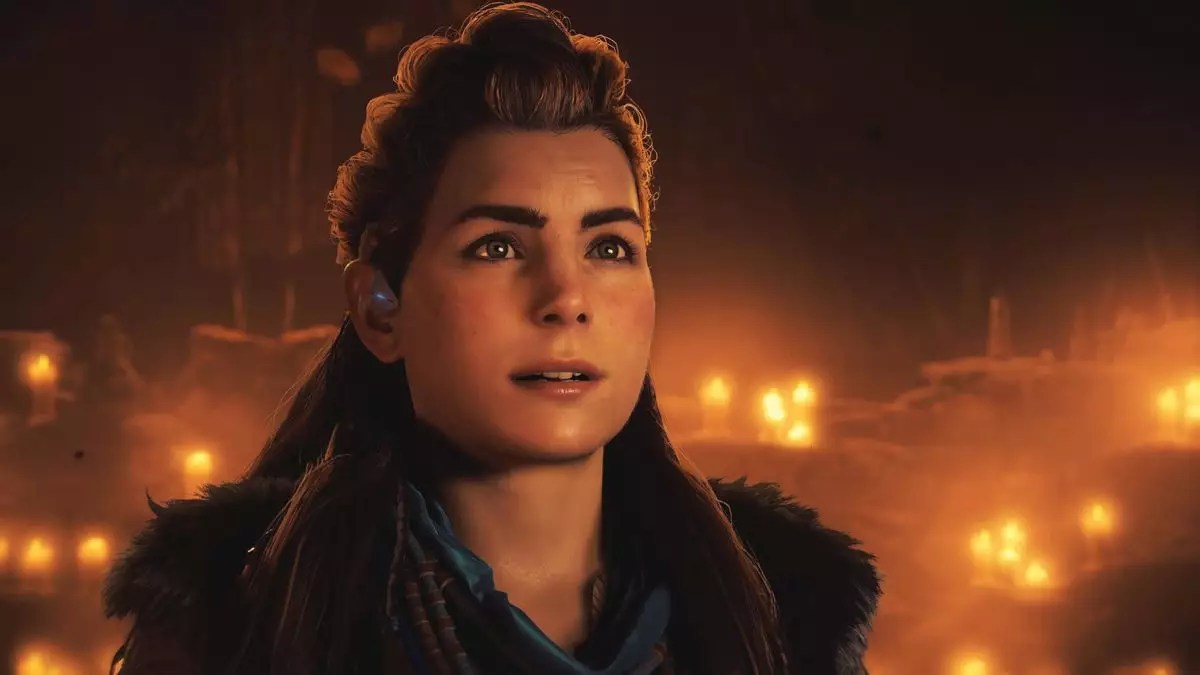Horizon Zero Dawn captivated audiences upon its initial release, celebrated as a landmark title on the PlayStation 4. With the unveiling of Horizon Zero Dawn Remastered, skepticism arose, especially regarding its necessity in a gaming landscape leaning toward new experiences rather than revisions of the past. The initial reluctance mirrored a larger concern: amidst an era of rapid technological advancement, was this remaster a ham-fisted cash grab or a thoughtful enhancement of a beloved classic? As I dissect the nuances of the remaster, I find a blend of commendation and critique embedded within the experience.
Before diving into the remastered experience, it is essential to contextualize the mixed feelings surrounding such projects. Remasters often tread a fine line between technological improvement and the risk of altering what made the original appealing. For many, the idea of revisiting a title like Horizon Zero Dawn felt unnecessary—an exercise grounded more in monetization than genuine enhancement. The peculiar proposition of upgrading an already-revered game raised eyebrows, and with a pricing strategy that included significant increases only complicating the scenario, it was easy to understand the skepticism surrounding the remaster.
This skepticism, however, does not fully account for the advancements in gaming technology and the demand for refined visual experiences. While the original Horizon Zero Dawn dazzled with its compelling storyline and lush landscapes, the remaster seeks to elevate these aspects further, enticing players with promises of enhanced graphics and performance. The challenge remains: will this appeal resonate with newcomers and veterans alike, or will it simply fall flat in an ocean of remastered titles?
Having explored the remaster, it becomes clear that it is more than just a hollow upgrade. Packed with visual improvements and enhanced gameplay mechanics, Horizon Zero Dawn Remastered undoubtedly brings the original experience in line with contemporary gaming standards. Critics may argue that remasters do little to add to the gaming narrative, but the nuanced updates here provide a sense of evolution, particularly for those who have immersed themselves in Horizon Forbidden West.
The remaster borrows robust technological advancements from its sequel, showcasing refined motion capture, improved lighting, and meticulously crafted environments. Every aspect, from the way Aloy traverses through the wilderness to the atmospheric changes that occur over the course of gameplay, contributes to a renewed sense of immersion. The once-static world appears more vibrant and lively—scents of adventure waft through the air, amplified by elegant animations like deformations in snow and sand as Aloy explores her surroundings.
Even for a player who hailed the original as visually stunning, the remastered edition strikes a familiar balance between an old favorite and an enhanced experience that feels relevant in the present gaming context. The love for the world constructed by Guerilla Games shines through once more, making the leap to the current generation all the more impactful.
However, commendations are not without their counterpoints. While the remaster impressively elevates various visuals and mechanics, there are moments where it stumbles. Instances of clipping, particularly with character animations, raise questions about attention to detail. The aesthetics are striking, yet at moments they distract from the narrative flow, pulling the player out of the experience rather than immersing them.
Moreover, while the upgrade boasts superior performance and graphics, many existing players may find that the enhancements, though noticeable, do not necessarily warrant a full reinvestment at an inflated price. The market’s expectation of unique value in a remaster often creates an environment where players feel underserved. For those unfamiliar with Aloy’s journey, the allure of the remastered version may not be strong enough to invite them into the expansive lore of the world.
While Horizon Zero Dawn Remastered may not be the groundbreaking experience that compels newcomers to jump onboard, it indeed offers a rewarding journey for franchise veterans. If players approach the remaster with curiosity regarding the visual updates and storytelling enhancements, they will likely emerge satisfied, even if the price point induces pause.
For a modest upgrade fee of $10, players who loved the original game are treated to a reimagined journey that integrates modern mechanics without overshadowing its roots. Yet, this remaster encapsulates the broader conversation about the industry’s tendency to revisit past successes—are we creating genuine advancements in gaming, or merely repackaging nostalgia? The narrative remains open-ended, hinging on subjective expectations and personal connections to the franchise. In the end, the value of Horizon Zero Dawn Remastered will ultimately depend on how one perceives the balance between nostalgia and innovation in the realm of video games.


Leave a Reply